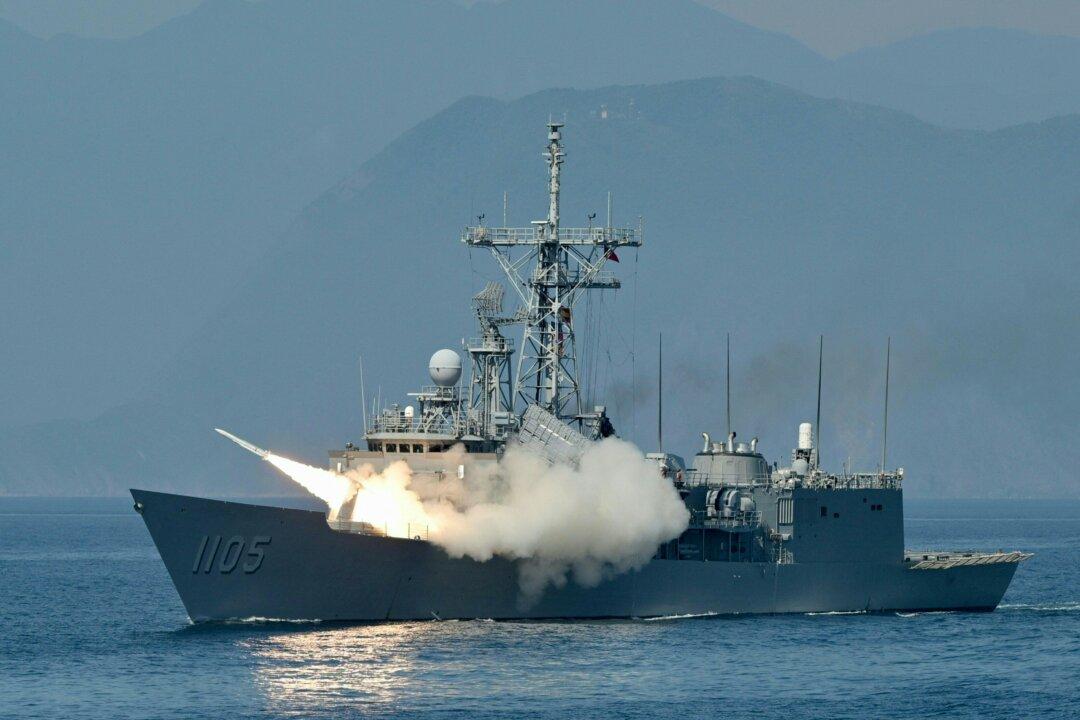A top congressional advisory body recommends that the United States establish multiyear funding and other mechanisms to bolster Taiwan’s defenses against unprecedented aggression from communist China.
The recommendation proposes establishing a joint planning mechanism and encouraging increases in Taiwan’s defense spending to ensure that the island is arming itself to the best of its ability.




